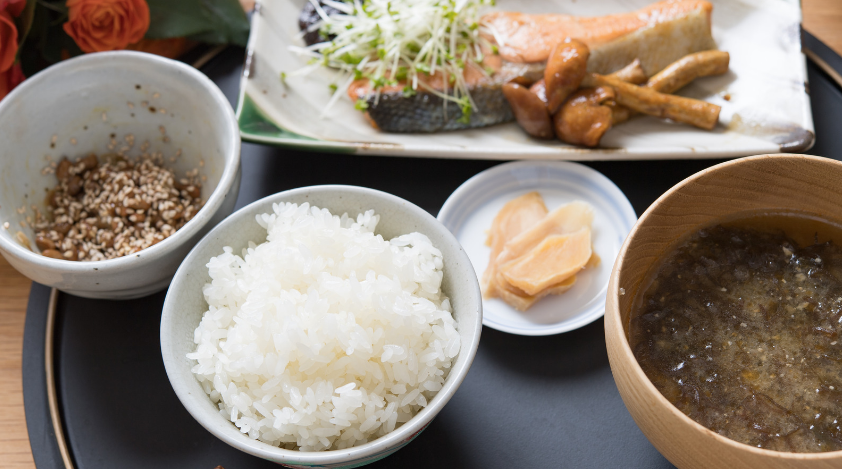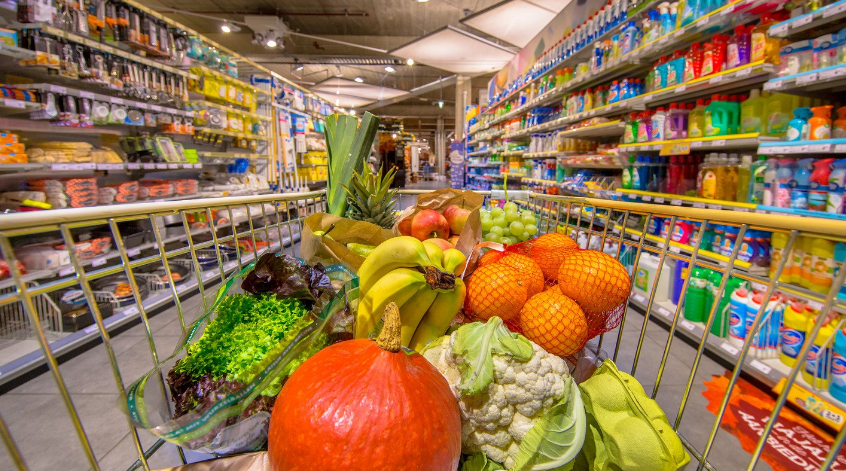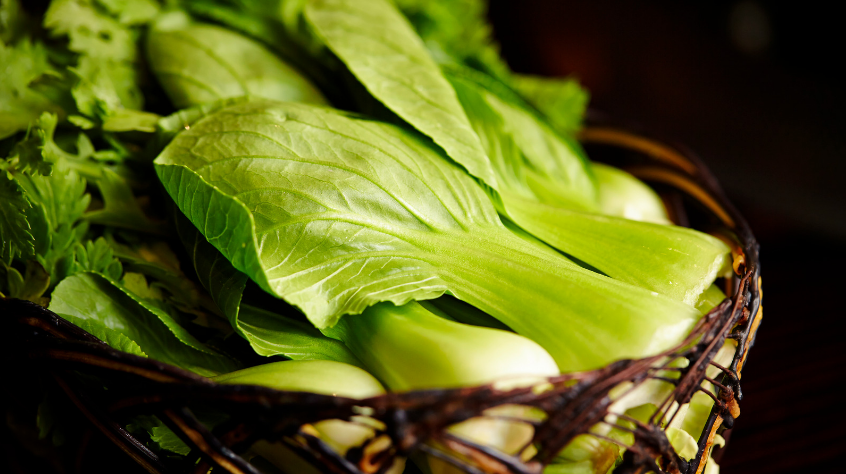If you’re like most people, you probably aren’t made of money, which means that you have to carefully manage your budget. Like most people, you probably carefully choose what goes on the week’s menu, what kind of ingredients you’ll be shopping for, and when (or even if) you get to eat at or order in from a nice restaurant.
If you’re Muslim, you have even more considerations to account for when putting together your weekly food allocation. You probably wouldn’t be able to buy meat and other products from any butcher or grocery store, having to rely instead on specialty halal butchers. This can result in higher shopping costs and take a big bite out of your budget overall.
If this scenario sounds suspiciously familiar to you, then don’t despair. There are many ways for you to keep to a halal diet while still being judicious about your spending. For example, you could consider turning to a tool like Muslim Pro. It’s a mobile app that’s designed to help Muslims keep to the tenets of their faith. The Muslim Pro app is packed with functionality, including a halal restaurant finder, globally synchronized alarms for prayer, and versions of the Quran in more than 40 languages. Tools like this will help Muslims keep a halal diet, and for some hints on how to keep spending on food down, keep reading.
Prefer to Eat at Home or Bring Food From Home
 Eating out on a regular basis is a surefire way to quickly consume some (or all!) of your favorite foods, and with the ubiquity of food delivery service apps these days, it seems like all your favorites are simply a few clicks away on your smartphone. While this is definitely the best way to get exactly what you’re craving for, the convenience of getting what you want when you want it definitely comes with a price tag. Each time you eat out or order from a delivery app, you’re being made to pay for:
Eating out on a regular basis is a surefire way to quickly consume some (or all!) of your favorite foods, and with the ubiquity of food delivery service apps these days, it seems like all your favorites are simply a few clicks away on your smartphone. While this is definitely the best way to get exactly what you’re craving for, the convenience of getting what you want when you want it definitely comes with a price tag. Each time you eat out or order from a delivery app, you’re being made to pay for:
- The price of the ingredients
- The overhead costs of restaurant maintenance, including utilities and the salary of the chef who cooked your food
- The profit the restaurant makes on your order
- Delivery fees and tips (in case you’re ordering in)
Cut out all of these costs by simply preparing your own food rather than eating out. You’ll probably be glad that you did too: this way, you can control exactly what goes into your diet and don’t have to worry about anything unwanted getting into your body. Learning to cook is also a fun and easy hobby, whether you’re doing it with your family or just on your own.
Never Do the Groceries on an Empty Stomach
 If you do decide to prepare your own meals, your next budget hurdle will be your grocery bill. Keeping it under control should be a top priority for you, and the best way you can do that is by buying groceries after you’ve already eaten, rather than before having eaten. Many retail studies have shown that shopping on an empty stomach is correlated with an uptick in supermarket ticket receipts. This is because your body’s natural impulse when you’re hungry is to try to stock up on as much food as possible when it’s abundant. Supermarkets are abundant by definition, so your natural impulse is to buy more. Therefore, always have a meal prior to going shopping.
If you do decide to prepare your own meals, your next budget hurdle will be your grocery bill. Keeping it under control should be a top priority for you, and the best way you can do that is by buying groceries after you’ve already eaten, rather than before having eaten. Many retail studies have shown that shopping on an empty stomach is correlated with an uptick in supermarket ticket receipts. This is because your body’s natural impulse when you’re hungry is to try to stock up on as much food as possible when it’s abundant. Supermarkets are abundant by definition, so your natural impulse is to buy more. Therefore, always have a meal prior to going shopping.
Also related to this: stay away from the free snacks and giveaways while grocery delivery. These will trigger your appetite and cause the same cascade of impulses that are triggered by shopping on an empty stomach.
Choose Plant-Based Foods Over Meats
 One way to reduce your spending on naked food and stay halal at the same time is to simply remove or reduce the amount of meat you consume altogether. Butchered meat and meat products are generally more expensive than vegetables, so by switching to a plant-based diet, you’ll definitely be able to stretch your budget quite a bit more. In addition, it’s less likely that you’ll have to worry about whether or not your vegetables or vegetable products will be halal.
One way to reduce your spending on naked food and stay halal at the same time is to simply remove or reduce the amount of meat you consume altogether. Butchered meat and meat products are generally more expensive than vegetables, so by switching to a plant-based diet, you’ll definitely be able to stretch your budget quite a bit more. In addition, it’s less likely that you’ll have to worry about whether or not your vegetables or vegetable products will be halal.
When selecting vegetables to include in your diet, go for a balance of leafy vegetables, root vegetables, and pulses or nuts. Leafy vegetables like cabbage, cauliflower, broccoli, and kale are packed with fiber and vitamins, while root vegetables like yams and potatoes are a rich source of carbohydrates. Meanwhile, including pulses, beans, and nuts in your diet will ensure that you get enough protein for muscle building.
Sticking to a halal diet while on a budget should not be hard or complicated. With a little creativity and some smart shopping and dining choices, almost anyone can put together a halal meal plan that is delicious while also saving themselves some money as well.


